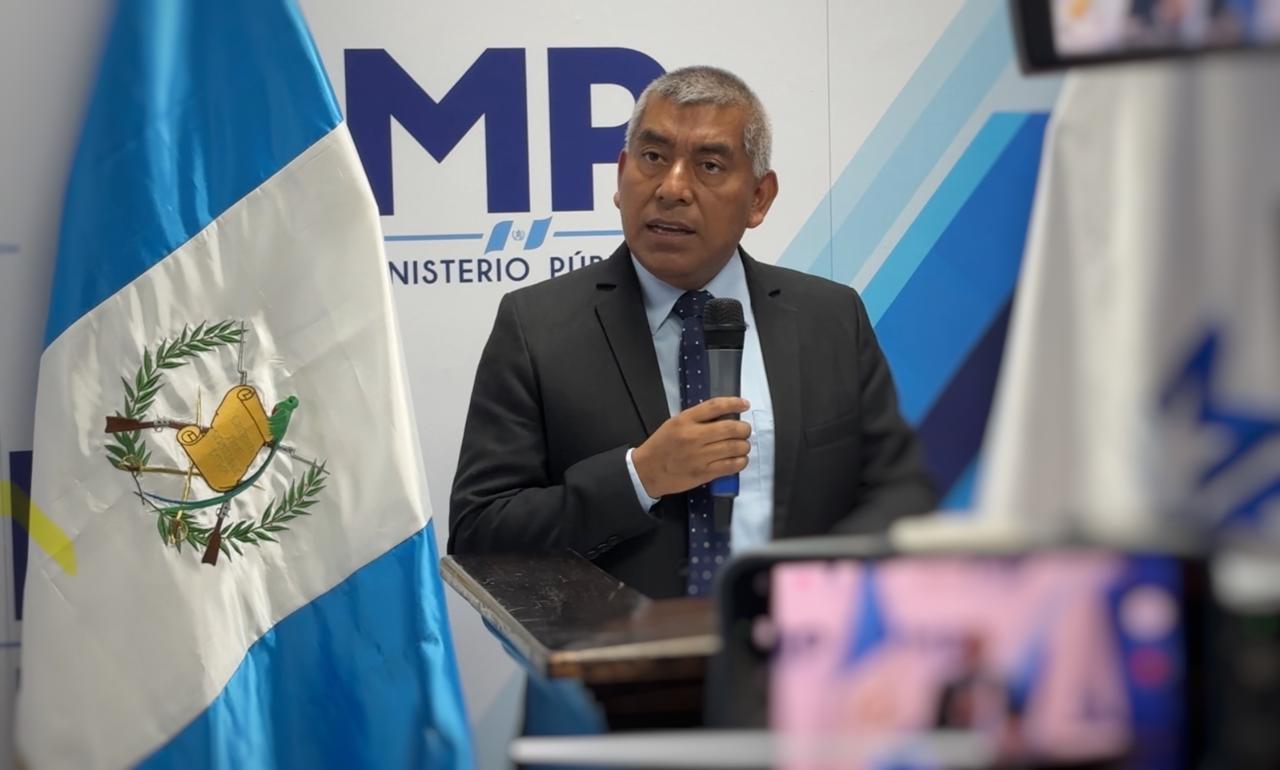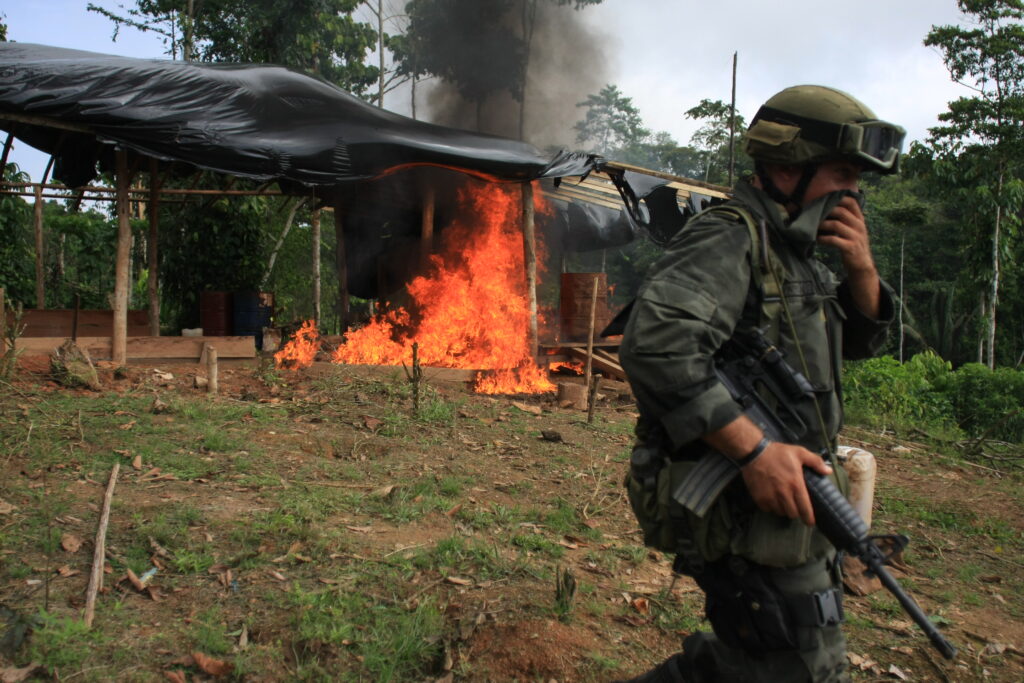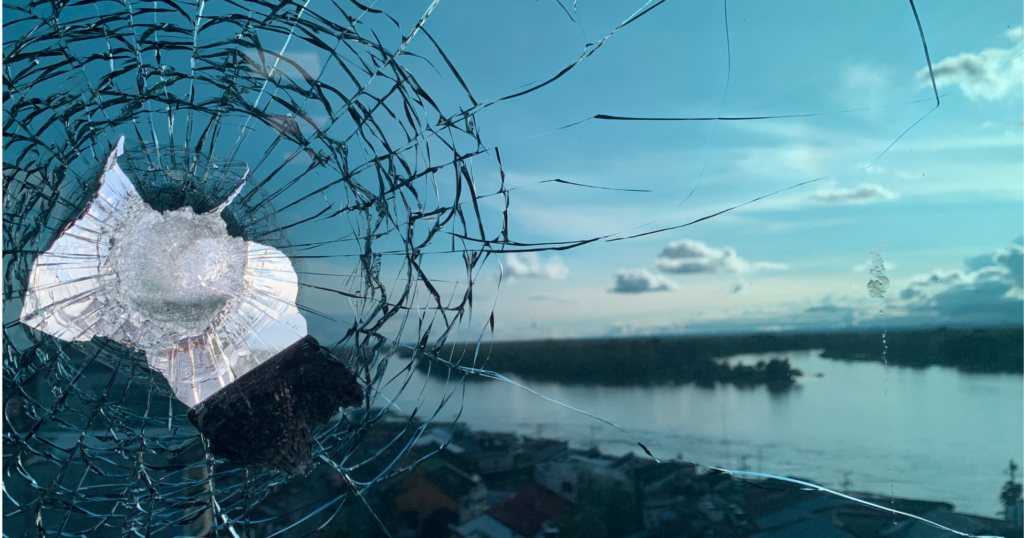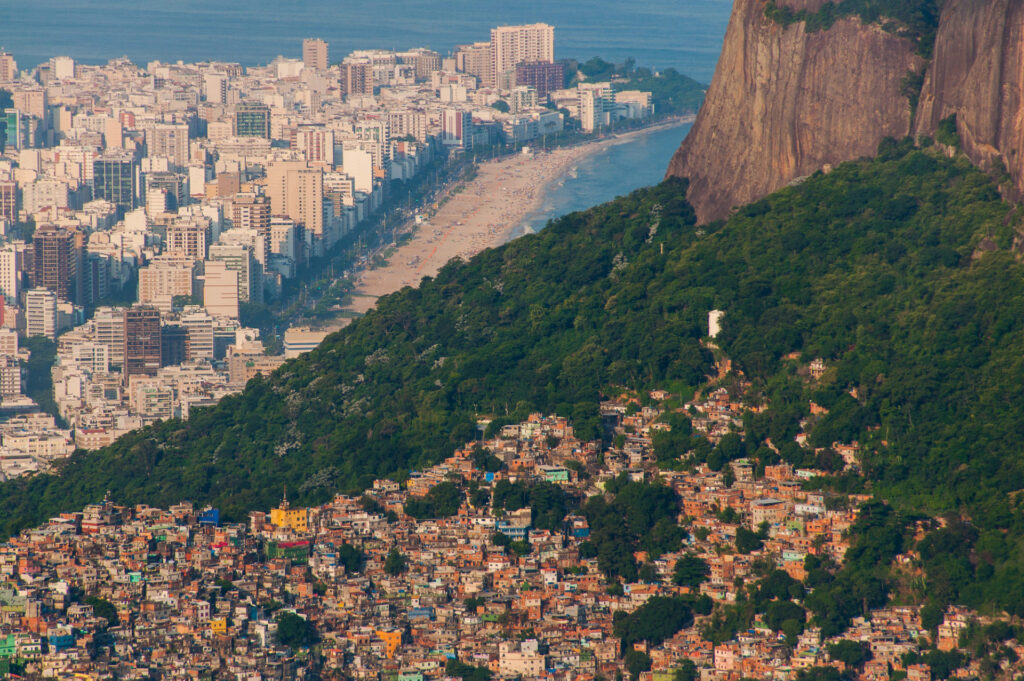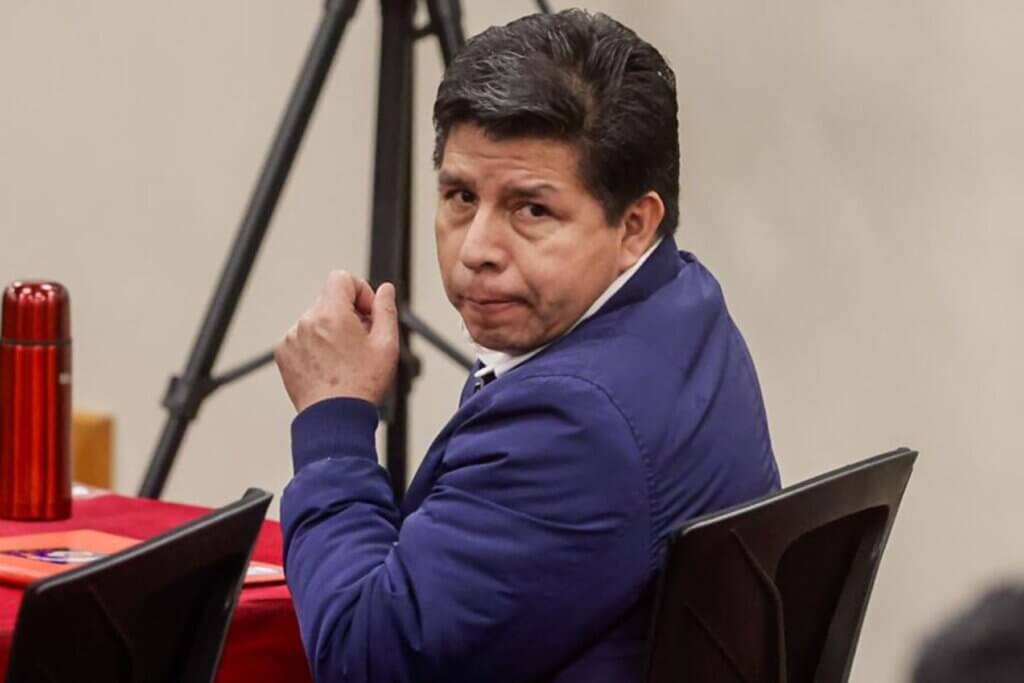In a recorded address last Monday, June 2, Guatemalan Public Prosecutor Rafael Curruchiche ordered the arrest of two high-ranking Colombian officials.
He accused Colombia’s Attorney General, Luz Adriana Camargo, and ex-Defense Minister, Iván Velásquez, of influence peddling, obstruction of justice, and collusion.
But the charges were widely dismissed as baseless, including by Guatemalan President Bernardo Arévalo and Colombian President Gustavo Petro.
Analysts say that, rather than reflecting indecent behavior by Camargo and Velásquez, the charges are part of a politically motivated campaign by Guatemala’s judiciary.
Both Colombian officials were senior members of the International Commission against Impunity in Guatemala (CICIG), a body created to combat illicit security networks linked to the Guatemalan state.
Beginning in 2006, the United Nations-backed taskforce worked with prosecutors to dismantle large corruption networks in the Central American nation. Velásquez served as its commissioner from 2013 to 2019, uncovering a vast bribery scandal that led to President Otto Pérez Molina’s resignation in 2015.
Eventually, CICIG ran into hot water when it investigated Molina’s successor, Jimmy Morales, who retaliated by banning Vélasquez from the country and shuttering the commission in 2019.
Morales also appointed Attorney General María Consuelo Porras to head the judiciary – a controversial figure who has been widely condemned for using the justice system to reverse CICIG’s work.
“She has weaponized criminal action as a way to create fear and to assure that those that have attempted to fight corruption in Guatemala cease all of their investigative actions,” Juanita Goebertus Estrada, Americas Division Director at Human Rights Watch, told Latin America Reports.
Consuelo Porras has overseen the arbitrary arrests of journalists, public prosecutors and civil society members, according to Goebertus. Twenty judicial officials were also forced into exile during the Attorney General’s first term, fearing reprisals for having collaborated with CICIG.
Analysts say the charges last week are Consuelo Porras’ latest attempt to punish members of the UN body.
“The Attorney General’s office has used these arrest warrants as vengeance against the sanctions imposed by CICIG,” Ana María Méndez Dardón, Central America Director at the Washington Office on Latin America (WOLA), told Latin America Reports.
The charges are unlikely to materialize in any significant way, with INTERPOL denying Curruchiche’s request to issue a red notice arrest warrant against Camargo and Velásquez.
Colombian authorities also rejected the charges, with President Petro suggesting Guatemala’s judiciary is compromised by illicit interests.
“Narcotrafficking multinationals are trying to take over legal authorities and governments to carry out and whitewash their illicit business,” wrote Petro in a post on X.
Guatemala’s president, who has been personally attacked by the Attorney General, decried the actions as another example of democratic backsliding in the country.
“These are part of a series of actions by the Public Prosecutor’s Office, the Attorney General of the Republic and judges associated with corruption that have distorted the meaning of justice in Guatemala,” wrote the government in a statement on June 2.
Featured image description: Guatemalan Public Prosecutor Rafael Curruchiche
Featured image credit: @MPguatemala via X.


